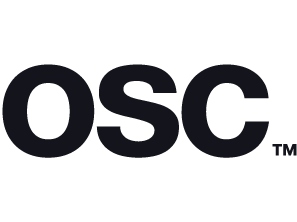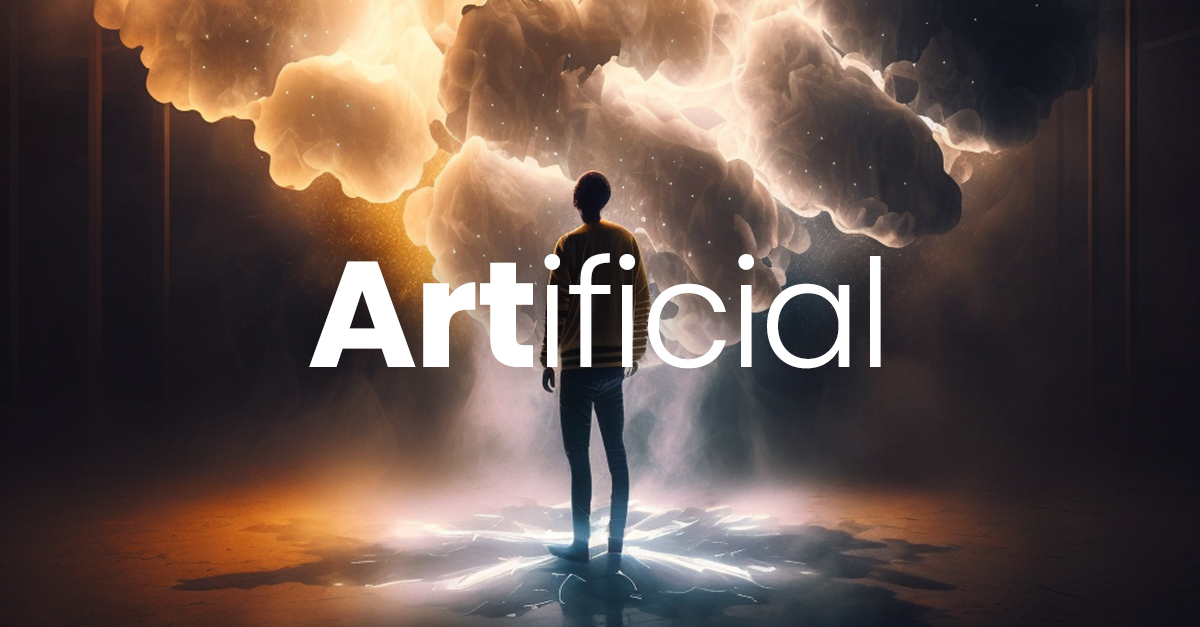Am I worried about AI? No, not really.
But then, I do have flashbacks to watching iRobot as a child, and remember I’m nowhere near as smart, brave, or physically capable as Will Smith was in a world approaching AI-governed domination. But despite creeping worry and furrowed brows, we’re not quite there yet, and thankfully, this post is about the creative industry.
It’s not that I don’t see the fantastic (and often frightening) capabilities that artificial intelligence, channelled in the right way, is capable of. It’s that I don’t share the fear that it’ll be replacing talented creatives any time soon.
When we’re looking at creative projects and trying to find an idea that sticks, we’re always keeping a few things in mind.
It’s about benefits, not features.
It’s why, not what.
It’s about where it takes you, not how you get there.
I’ve now used popular AI art generator Midjourney a remarkable amount and continue to be impressed at how effortlessly it aids my conceptual and artistic process.
But, the software can’t give us any of those fundamentals that humans can instinctively understand and connect with.
It can show us what we’re looking at.
We become aware how it’s got there.
But for all its brilliance, AI cannot tell us why. That’s a crucial input that we will always have to decide for ourselves.

It’s the same with ChatGPT. Ask it to spit you out a snappy headline and copy for your latest ad idea, and it does a convincing job of stringing words together in a way that makes total sense. It gets style. It gets language. It even gets you a bit excited when you see something rephrased in a way you didn’t think of before. You tell your friends how cool it is (I do).
But ask it to come up with the idea for the ad or campaign, and things start to get a little… abstract. Don’t get me wrong, it’ll give you something back…
But there’s something humans understand about the value of things to other humans, because… we are human. It’s an innate, subconscious appreciation that a programme just can’t get. It’s that thing that we can tap into to develop creative thoughts that we know just work, because we can put ourselves in other people’s shoes and glimpse at their perspectives and priorities. AI can’t do that [yet].
So whenever my friends, family or colleagues ask me if I’m worried that my job will be taken by a robot, or that my hard-earned skills are now replicable in a matter of seconds, I tell them that it’s OK – that it’s true, AI in our industry is the future. But I don’t think it’s the future we fear.
Because we are the input, and we’re not going anywhere.


0 Comments